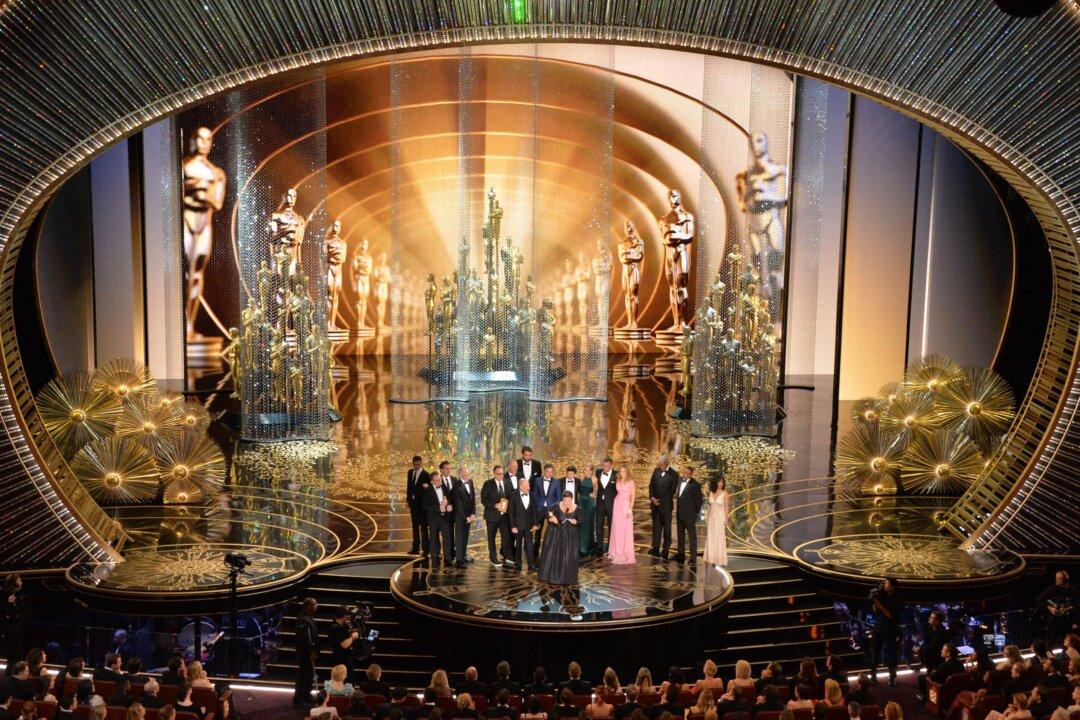Even before the 88th annual Academy Awards aired Feb. 28, it was set against a background of social change. Controversy had been buzzing (#OscarSoWhite) and boycotts were on after it was revealed that no black actors were nominated for awards—for the second year in a row.
But racism wasn’t the only social issue highlighted at the awards ceremony. The event also saw some of the winning films opening the way to real-world change. Or, as in the case of Chris Rock and Leonardo DiCaprio, calling for change.
Prospect of Change in Pakistan
Filmmaker Sharmeen Obaid-Chinoy was the sole Canadian to claim an Academy Award this year, for her short documentary on honour killings in Pakistan: “A Girl in the River: The Price of Forgiveness.” But what has her most proud is that it’s creating real hope for Pakistani women and girls.
Obaid-Chinoy says she’s heartened by reports that two people in Pakistan were sentenced Feb. 29 for an honour killing, an indication there might be a crackdown on the brutal tradition.
“For me, the biggest win is the fact that the issue I’m trying to highlight has gotten such a tremendous response, and it will continue to,” Obaid-Chinoy said from Los Angeles.
“This morning in Pakistan they sentenced two people ... for an honour killing, so it’s already having some sort of reverberations. What more can a filmmaker ask for?”





